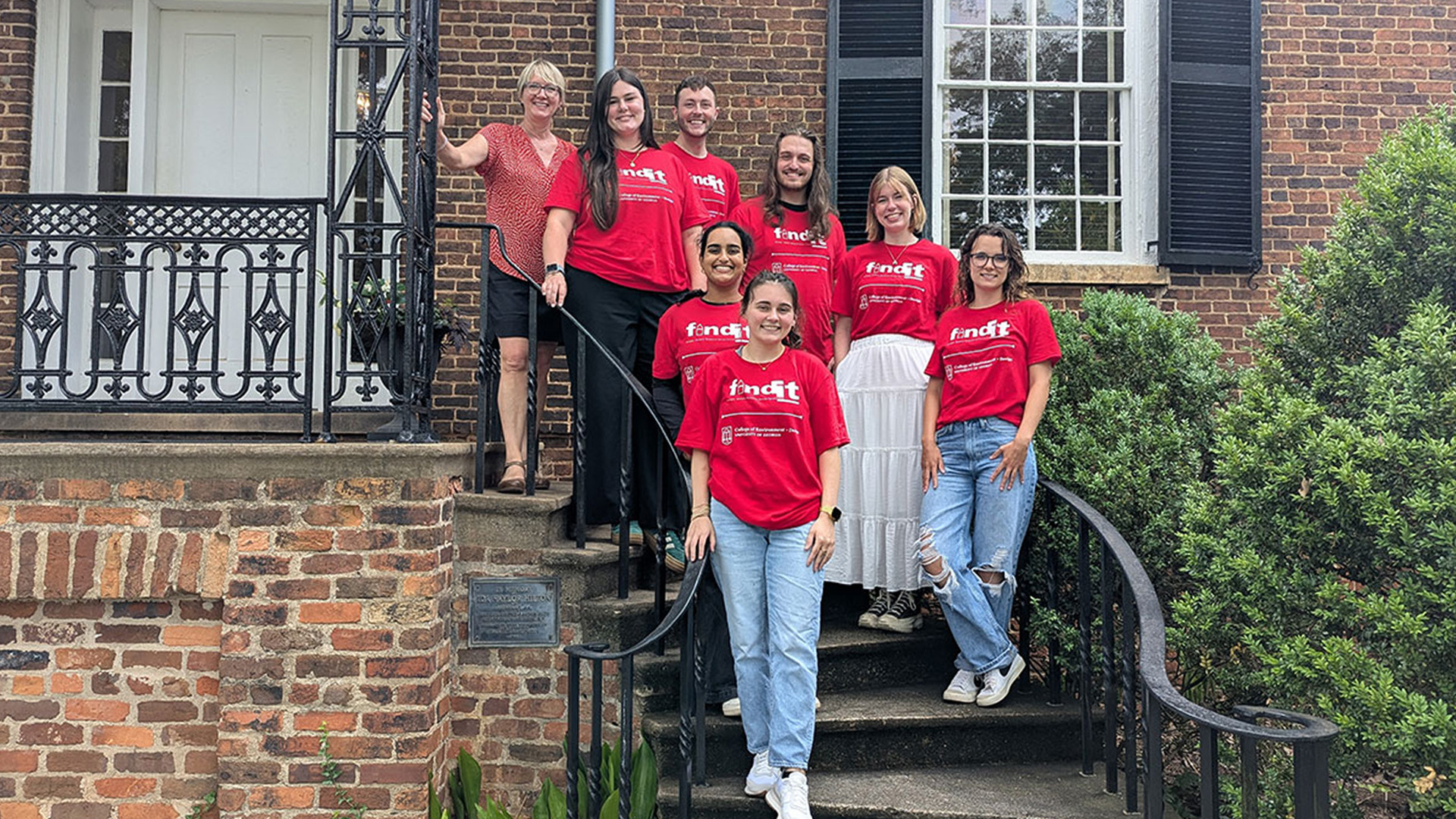The Master of Historic Preservation Program
Since 1982, the two-year Master of Historic Preservation (MHP) program has prepared students to manage and interpret the world around them.
The MHP program consists of 57 to 60 semester hours of required instruction including core courses, elective hours, and thesis courses (worth 9 hours of course credit). With some exceptions, each course usually offers three semester hours of credit. Fifty-seven hours are the minimum necessary for the degree.
Included in the curriculum is a 1-credit annual field study in the spring which rotates between Savannah, GA and Charleston, SC with both first and second-year students participating.





